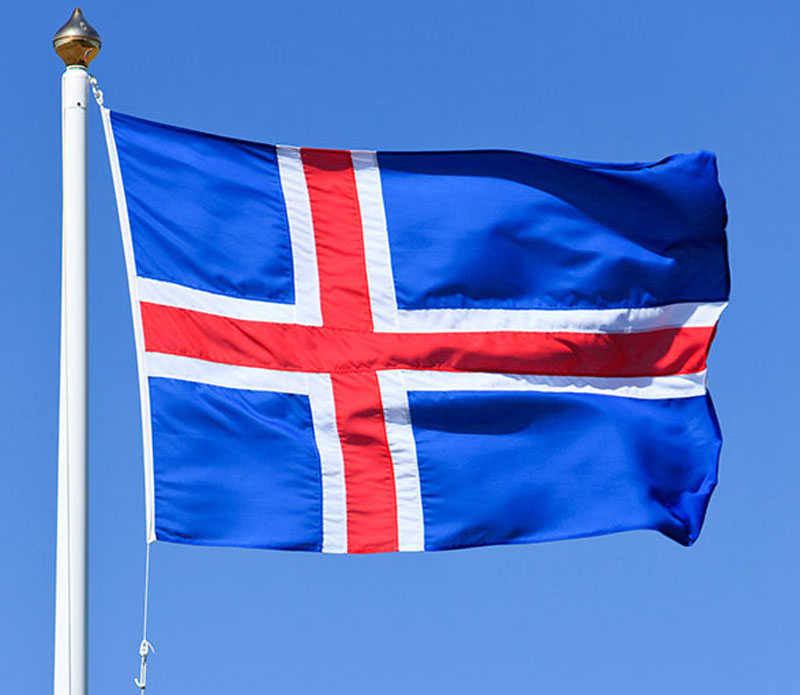How Iceland Got Teens to Say No to Drugs

The Atlantic 19 January 2017
Family First Comment: This is a fascinating read – yet the solutions seem so obvious
“Their analysis revealed clear differences between the lives of kids who took up drinking, smoking and other drugs, and those who didn’t. A few factors emerged as strongly protective: participation in organized activities—especially sport—three or four times a week, total time spent with parents during the week, feeling cared about at school, and not being outdoors in the late evenings…
“Laws were changed. It became illegal to buy tobacco under the age of 18 and alcohol under the age of 20, and tobacco and alcohol advertising was banned. Links between parents and school were strengthened through parental organizations which by law had to be established in every school, along with school councils with parent representatives. Parents were encouraged to attend talks on the importance of spending a quantity of time with their children rather than occasional “quality time”, on talking to their kids about their lives, on knowing who their kids were friends with, and on keeping their children home in the evenings. A law was also passed prohibiting children aged between 13 and 16 from being outside after 10 p.m. in winter and midnight in summer. It’s still in effect today.”
Today, Iceland tops the European table for the cleanest-living teens. The percentage of 15- and 16-year-olds who had been drunk in the previous month plummeted from 42 percent in 1998 to 5 percent in 2016. The percentage who have ever used cannabis is down from 17 percent to 7 percent. Those smoking cigarettes every day fell from 23 percent to just 3 percent.
In 1992, 14-, 15- and 16-year-olds in every school in Iceland filled in a questionnaire with these kinds of questions. This process was then repeated in 1995 and 1997. The results of these surveys were alarming. Nationally, almost 25 percent were smoking every day, over 40 percent had got drunk in the past month. But when the team drilled right down into the data, they could identify precisely which schools had the worst problems—and which had the least. Their analysis revealed clear differences between the lives of kids who took up drinking, smoking and other drugs, and those who didn’t. A few factors emerged as strongly protective: participation in organized activities—especially sport—three or four times a week, total time spent with parents during the week, feeling cared about at school, and not being outdoors in the late evenings.
Using the survey data and insights from research including Milkman’s, a new national plan was gradually introduced. It was called Youth in Iceland. Laws were changed. It became illegal to buy tobacco under the age of 18 and alcohol under the age of 20, and tobacco and alcohol advertising was banned. Links between parents and school were strengthened through parental organizations which by law had to be established in every school, along with school councils with parent representatives. Parents were encouraged to attend talks on the importance of spending a quantity of time with their children rather than occasional “quality time”, on talking to their kids about their lives, on knowing who their kids were friends with, and on keeping their children home in the evenings. A law was also passed prohibiting children aged between 13 and 16 from being outside after 10 p.m. in winter and midnight in summer. It’s still in effect today.
Home and School, the national umbrella body for parental organizations, introduced agreements for parents to sign. The content varies depending on the age group, and individual organizations can decide what they want to include. For kids aged 13 and up, parents can pledge to follow all the recommendations, and also, for example, not to allow their kids to have unsupervised parties, not to buy alcohol for minors, and to keep an eye on the wellbeing of other children. These agreements educate parents but also help to strengthen their authority in the home, argues Hrefna Sigurjónsdóttir, director of Home and School. “Then it becomes harder to use the oldest excuse in the book: ‘But everybody else can!’”
State funding was increased for organized sport, music, art, dance and other clubs, to give kids alternative ways to feel part of a group, and to feel good, rather than through using alcohol and drugs, and kids from low-income families received help to take part. In Reykjavik, for instance, where more than a third of the country’s population lives, a Leisure Card gives families 35,000 krona (£250) per year per child to pay for recreational activities.
Crucially, the surveys have continued. Each year, almost every child in Iceland completes one. This means up-to-date, reliable data is always available. Between 1997 and 2012, the percentage of kids aged 15 and 16 who reported often or almost always spending time with their parents on weekdays doubled—from 23 percent to 46 percent—and the percentage who participated in organized sports at least four times a week increased from 24 percent to 42 percent. Meanwhile, cigarette smoking, drinking and cannabis use in this age group plummeted.
READ MORE: https://www.theatlantic.com/health/archive/2017/01/teens-drugs-iceland/513668/
 Keep up with family issues in NZ.
Keep up with family issues in NZ.
Receive our weekly emails direct to your Inbox.






